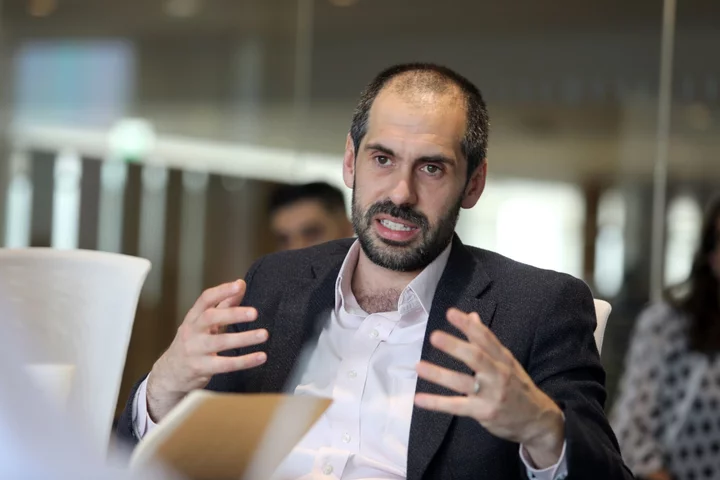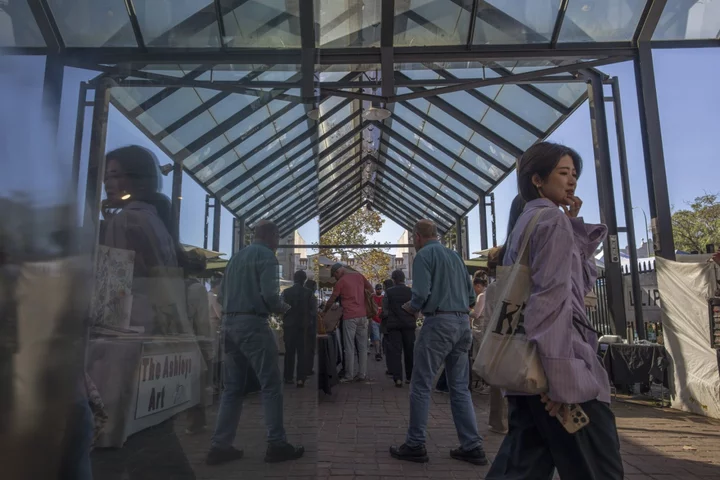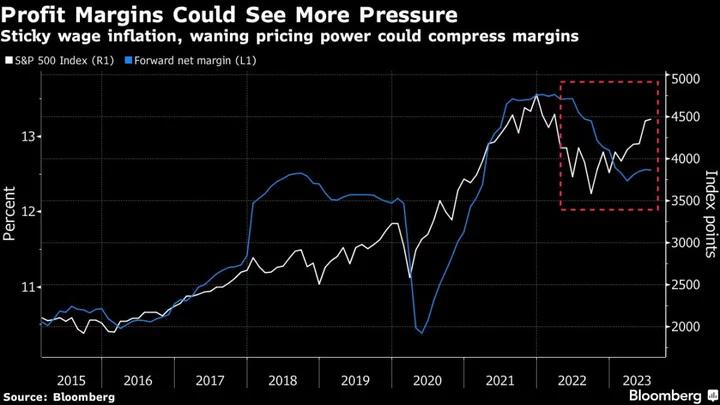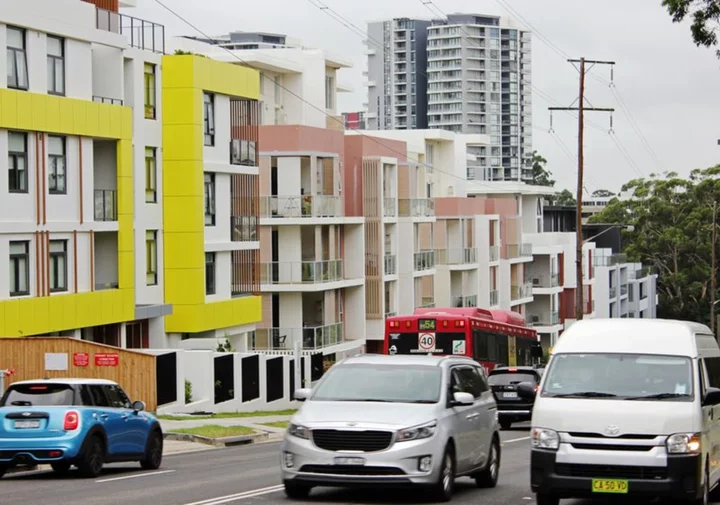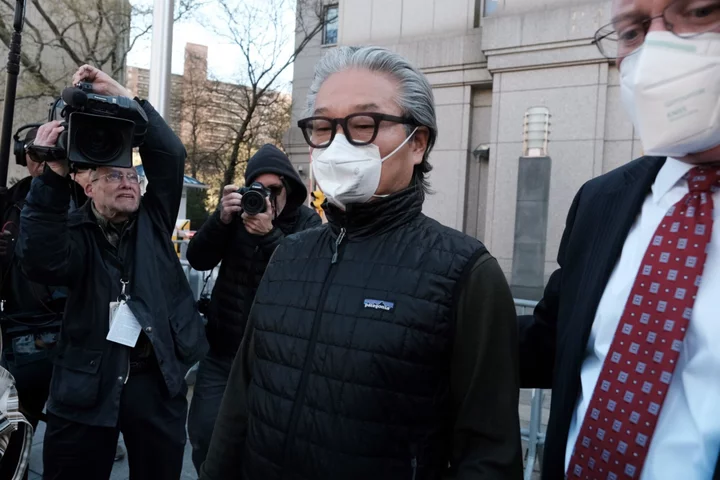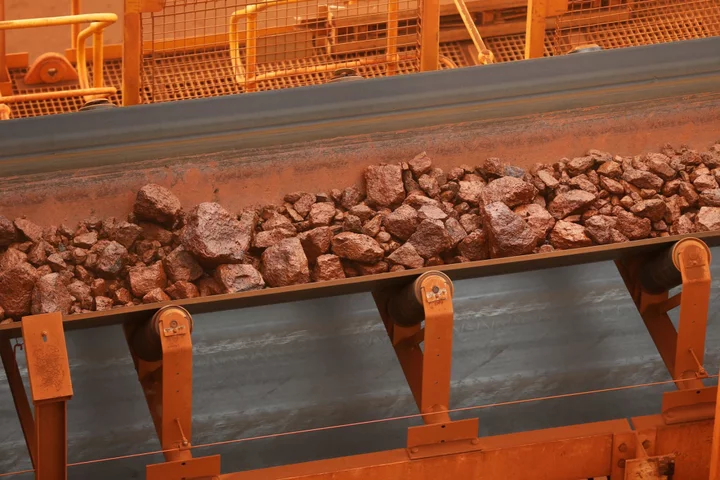Chile, home to the world’s largest lithium reserves, says Japanese battery and metals companies are among Asian investors interested in acquiring long-term preferential access to the ingredient, in exchange for adding value to the raw material and transferring skills.
A heavyweight in the mining world, Chile wants to woo companies that can help it develop processing and manufacturing capabilities. In April, it granted Chinese EV maker BYD Co. access to preferential prices for lithium carbonate produced by SQM, the world’s second-largest lithium producer, for use in a cathode factory to be built in the country’s north.
Additional lithium offtake — from Albemarle Corp.’s mine in Chile — will become available next year for similar deals. While SQM’s production contract expires in 2030, Albemarle’s runs through 2043, providing greater certainty to bidders for preferential prices and signaling a more competitive process, Chilean Economy Minister Nicolas Grau said.
“Battery producers want to be part of lithium extraction, and the only reason is to get certainty of supply,” Grau said in an interview in Tokyo, where he’s leading a roadshow that will also take in South Korea, before heading to China with President Gabriel Boric. “This is much simpler. They do not have to wait three years or five years to get lithium.”
Following meetings with Sumitomo Corp., Mitsui & Co. and Sojitz Corp., among others involved in the battery and EV supply chain, Grau said Japanese companies were “quite interested” in investing.
Japan’s biggest battery producers and carmakers have been investing heavily in the development of next-generation batteries as they vie with Elon Musk’s Tesla Inc. and BYD — both frontrunners in the global automotive industry’s shift toward zero emission EVs.
Panasonic Holdings Corp. said it’s making progress in creating Canada’s first lithium-ion battery supply chain for EVs made in North America. Japanese and Canadian officials met last week in Ottawa to sign a pact on EV supply chains.
Asked about efforts to attract investment from both China and nations aligned with the US — which is seeking to diversify its supply clean-energy supply chain, and with whom Chile has a free-trade agreement — Grau said the country saw its agnostic approach as an advantage.
Chile, the biggest copper-producing nation and No. 2 lithium supplier, has sought to make the most of booming battery-material demand, but it’s occasionally rattled markets. A plan announced earlier this year by the Boric government outlined proposals for the state to take a controlling stake in lithium operations considered strategically significant, with twin goals of boosting output and making extraction more sustainable.
Read More: Why Chile’s New Approach to Lithium Matters Globally: QuickTake
Still, the government has said it will respect the existing contracts of SQM and Albemarle — the only two lithium miners in Chile — and will allow private firms to retain control of projects in non-strategic areas. Bidding for exploration contracts is scheduled to take place next year once authorities identify new production areas.
With only seven years left on its contract, SQM has entered into talks with state-owned Codelco for a new arrangement under the public-private model. Any deal would see Codelco take a majority equity stake, but ideally the two firms would form a joint venture in which they “participate in a similar way in the operation,” Grau said. Both sides have an interest in reaching a deal to avoid a hiatus, he said.
The minister dismissed concerns that despite Chile’s cost advantages — lithium from brine deposits is more easily processed into lithium carbonate — other countries have made quicker progress in capitalizing on rising demand, including Australia.
“We need to attract the right people,” Grau said. “In our view, it’s not a competition with other countries, but it’s about how to do this well, how to attract the right people so we can take advantage of the huge opportunity that we have.”
--With assistance from Shoko Oda and Nicholas Takahashi.

